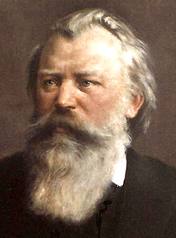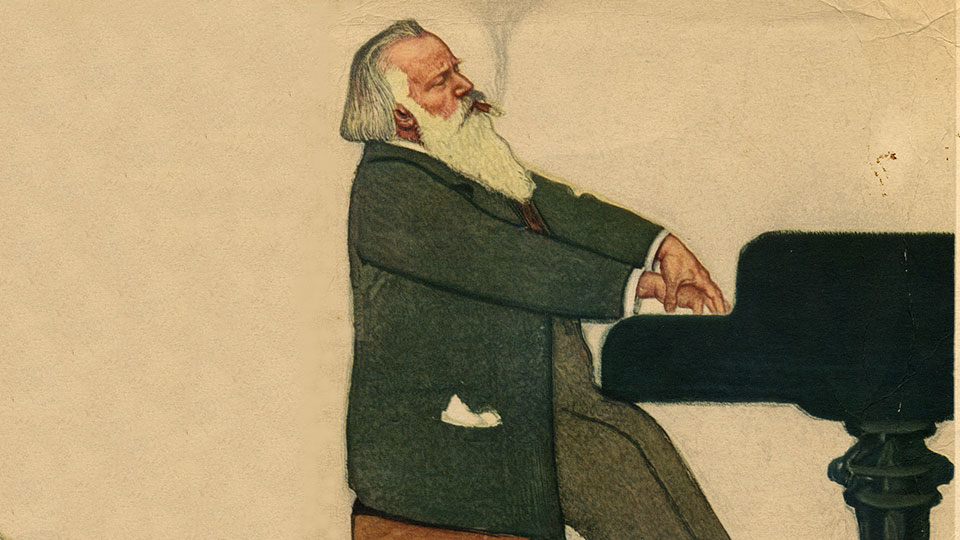Johannes Brahms, one of the most celebrated composers of the Romantic era, composed the Academic Festival Overture, Op. 80, in 1880 as a tribute to the University of Breslau (now the University of Wrocław in Poland). The piece was written as a token of gratitude after the university awarded Brahms an honorary doctorate in philosophy. Rather than composing a solemn academic piece, Brahms chose to create a lively and exuberant work that humorously incorporated student drinking songs, showcasing his characteristic blend of intellect and wit.
Background and Commission
In 1879, the University of Breslau recognized Brahms’ contributions to music by bestowing upon him an honorary doctorate. The university’s faculty had expected Brahms to express his appreciation with a composition. Initially, Brahms did not realize that such a response was anticipated, so he sent a simple letter of thanks. Upon learning that a musical contribution was expected, he set to work on what would become the Academic Festival Overture.
Composition and Musical Structure
Brahms completed the overture in the summer of 1880 while staying in Bad Ischl, Austria. The work is an orchestral masterpiece that embodies a playful yet sophisticated character. It is structured in sonata form and features four popular German student songs, skillfully woven together to create a vibrant and engaging piece.
The overture opens with a mysterious, solemn introduction, which soon gives way to lively and robust orchestration. Brahms incorporates the melodies of several well-known student songs:
- “Wir hatten gebauet ein stattliches Haus” – A nostalgic and reflective tune.
- “Der Landesvater” – A traditional song associated with student brotherhoods.
- “Was kommt dort von der Höh’” – A jovial drinking song.
- “Gaudeamus igitur” – The famous student anthem that celebrates youth and academic life, which serves as the triumphant conclusion of the piece.
Premiere and Reception
The Academic Festival Overture premiered on January 4, 1881, at the University of Breslau, with Brahms himself conducting. The piece was met with enthusiastic applause from both the academic community and the general public. Its energetic and celebratory nature made it an instant favorite, and it remains one of Brahms’ most performed orchestral works to this day.
Legacy and Impact
Unlike many of Brahms’ compositions, which are often serious and deeply introspective, the Academic Festival Overture stands out for its humor and buoyant spirit. It reflects Brahms’ ability to blend scholarly respect with lighthearted joy, making it a unique and beloved piece in the classical repertoire.
Today, the overture is frequently performed at academic ceremonies and graduation events worldwide, continuing to symbolize the union of intellect and festivity. Its closing theme, Gaudeamus igitur, has become synonymous with academic celebrations, ensuring Brahms’ legacy lives on in both the concert hall and the university auditorium.
Conclusion
Johannes Brahms’ Academic Festival Overture is a masterful blend of tradition, humor, and orchestral brilliance. Composed as a tribute to academia, it remains a cherished piece that captures the joy of student life and the grandeur of intellectual achievement. Through this overture, Brahms not only thanked the University of Breslau but also gifted the world with a composition that continues to inspire and entertain audiences over a century later.


Comments are closed